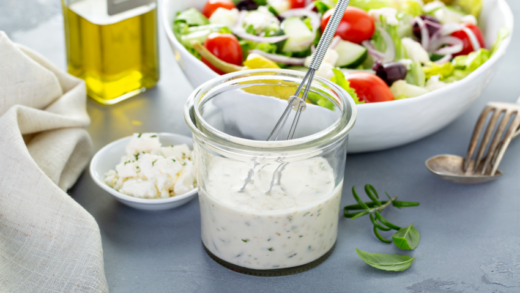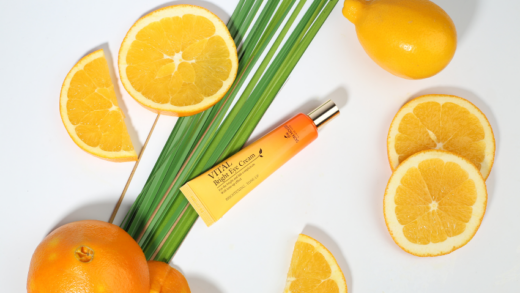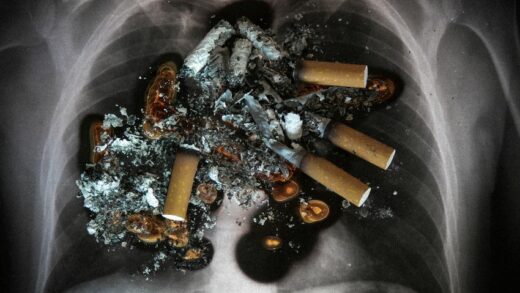High cholesterol levels can increase your risk of heart disease and stroke, so it’s important to take steps to keep your cholesterol levels in check. While medication can be effective in reducing cholesterol, lifestyle changes such as diet and exercise can also play a significant role in managing cholesterol levels. In this article, we’ll take a closer look at the foods that can help lower cholesterol naturally, so you can start incorporating them into your diet and reaping the benefits.
What Foods Lower Cholesterol?
Here are some of the top contenders:
-
Oats and Whole Grains:
Oats and whole grains are high in soluble fiber, which can help reduce LDL, or “bad” cholesterol levels. Try incorporating more whole grain bread, brown rice, and quinoa into your meals.
-
Fruits and Vegetables:
Fruits and vegetables are packed with fiber and nutrients that can help reduce cholesterol levels. Aim for at least 5 servings of fruits and vegetables per day, with an emphasis on leafy greens, berries, and citrus fruits.
-
Nuts and Seeds:
Nuts and seeds are high in monounsaturated and polyunsaturated fats, which can help reduce LDL cholesterol levels. Almonds, walnuts, chia seeds, and flaxseeds are all great choices.
-
Fish and Lean Protein:
Fatty fish such as salmon and tuna are high in omega-3 fatty acids, which can help reduce triglycerides and LDL cholesterol levels. Lean proteins such as chicken and turkey are also good choices.
-
Plant-Based Proteins:
Plant-based proteins such as beans, lentils, and tofu are high in fiber and low in saturated fat, making them great options for reducing cholesterol levels.
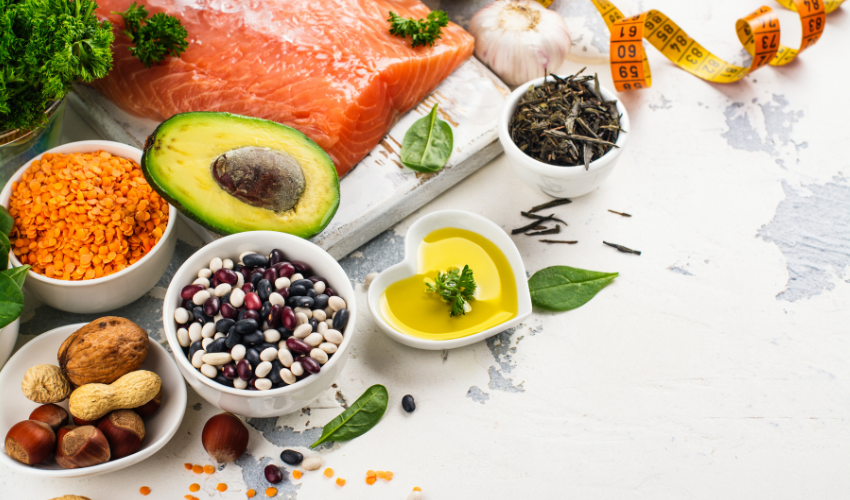
FAQs:
- Can avocado help lower cholesterol?
Yes, avocados are high in monounsaturated fats, which can help reduce LDL cholesterol levels. - Is it important to avoid all sources of cholesterol in the diet?
While it’s important to limit sources of saturated and trans fats, dietary cholesterol from sources such as eggs and shellfish may not have as significant an impact on cholesterol levels as once thought. - Can exercise help lower cholesterol levels?
Yes, regular exercise can help raise HDL, or “good” cholesterol levels and lower LDL cholesterol levels. - Are there any foods I should avoid to help lower cholesterol?
Limiting sources of saturated and trans fats such as fried foods, processed snacks, and fatty meats can help lower cholesterol levels. - How long does it take for dietary changes to impact cholesterol levels?
Dietary changes can take several weeks to several months to impact cholesterol levels, so it’s important to be patient and consistent with lifestyle changes.
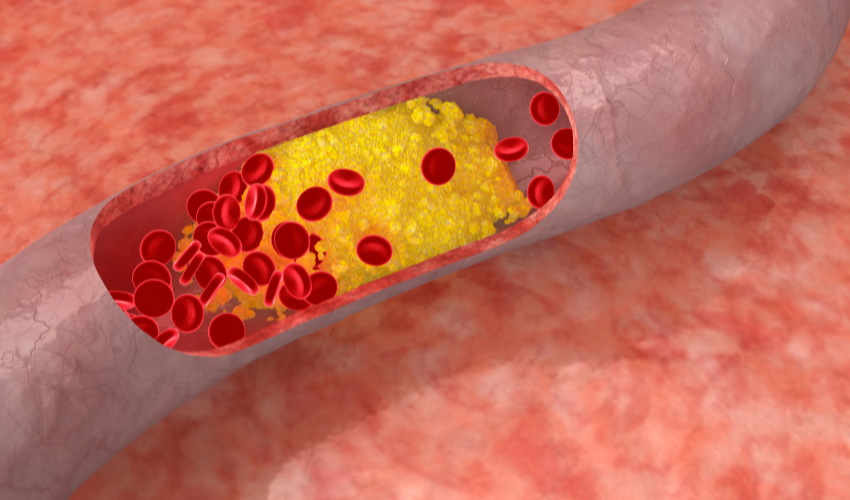
Conclusion
Lowering cholesterol levels is an important aspect of heart health, and incorporating cholesterol-busting foods into your diet is a great place to start. Try incorporating more whole grains, fruits and vegetables, nuts and seeds, and lean proteins into your meals, and be patient as you make lifestyle changes that can have a significant impact on your health. With the right foods and lifestyle choices, you can help keep your cholesterol levels in check and reduce your risk of heart disease and stroke.
In conclusion, the foods you eat have a significant impact on your overall health, including your cholesterol levels. A diet rich in fiber, healthy fats, and plant-based proteins can help lower LDL cholesterol levels while also promoting overall health and wellbeing. Additionally, incorporating regular exercise, quitting smoking, and managing stress levels can all help lower cholesterol levels and reduce your risk of heart disease and stroke.
Remember, it’s important to make changes slowly and gradually to ensure they become sustainable habits. Try incorporating a new cholesterol-lowering food into your diet each week, and experiment with different recipes and meal ideas to keep things interesting.
By making simple, yet powerful changes to your diet and lifestyle, you can take control of your cholesterol levels and improve your overall health and wellbeing. So why not start today by adding some cholesterol-busting foods to your grocery list and taking the first step towards a healthier, happier you?


